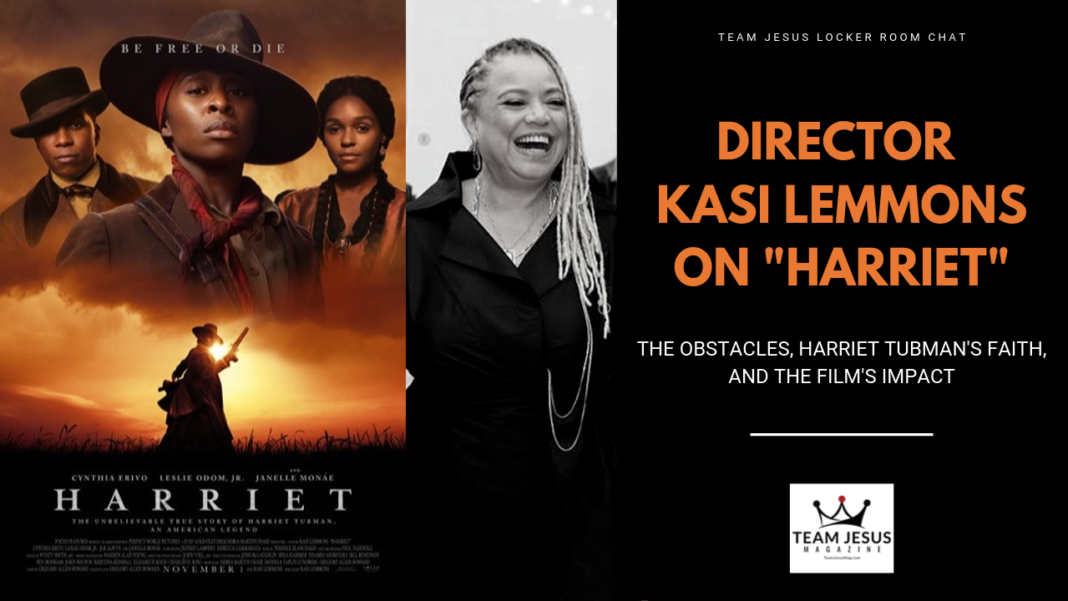Avoiding Conflict Attracts Chaos
In case you aren’t familiar with the story of King David and his son, Absalom, let’s do a brief recap:
Absalom was King David’s 3rd son. The first time Absalom is mentioned in the Bible is when his brother, Amnon, rapes his sister, Tamar. King David was furious with Amnon, but doesn’t confront him about his behavior. Two years later, Absalom kills Amnon. King David mourns Amnon’s death and Absalom flees in fear. King David wanted to be reunited with his son, but did not act on it.
His advisor, Joab, knowing how badly he missed his son, arranged for the King and Absalom to be reconciled. King David allowed Absalom to come back, but wouldn’t allow him in his presence. Eventually, after Absalom’s urging, King David saw Absalom. For four years, Absalom gained rapport with the people and tries to take his father’s throne. King David and his men flee so they have an opportunity to come against Absalom, but when it was time to go to battle, King David asked his men to deal gently with Absalom. When his men kill Absalom, David mourns Absalom’s death and his men feel shame instead of victory (2 Samuel 13:1 – 2 Samuel 19:10).
This sounds like a soap opera, doesn’t it? King David had quite an interesting life. I’m always amazed and relieved that after all the grave mistakes he made, God called David a man after His own heart (Acts 13:22). If you find yourself plagued with shame, guilt and unworthiness, as I sometimes do, it’s always good to look at people in the Bible, the trouble they found themselves in, and how God responded.
There’s always wisdom to be learned from the drama in our lives and the lives of others.
Here are some self-test questions to ponder about King David & Absalom, and the dangers of avoiding conflict and the hard conversations:
Are You Allowing Evil to Go Unchecked in Your life?
 King David was furious with the actions of Amnon, but he did nothing. Are there certain people in your life that you choose to keep around, yet refuse to correct? Are you avoiding the hard conversations that need to take place? The Bible instructs us to correct our brothers and sisters who wander from the truth so that we save them from trouble (James 5:19,20). You may think you’re doing that person a favor by looking the other way when they sin, but when we allow sin to go unchecked, it opens the door for more sin to come in. The situation will get worse before it gets better.
King David was furious with the actions of Amnon, but he did nothing. Are there certain people in your life that you choose to keep around, yet refuse to correct? Are you avoiding the hard conversations that need to take place? The Bible instructs us to correct our brothers and sisters who wander from the truth so that we save them from trouble (James 5:19,20). You may think you’re doing that person a favor by looking the other way when they sin, but when we allow sin to go unchecked, it opens the door for more sin to come in. The situation will get worse before it gets better.
When’s the Last Time You Asked God for a Heart-Check?
We can be blinded by our own ideas of what is right and wrong, which is why it’s important to allow God to search our hearts and reveal any wrongful ways. If King David had asked God to search his heart, perhaps he would have dealt justly with Amnon and mourned for both him and Tamar.
Are You Withholding the Gift of a Second Chance?
God judges fairly because He looks at the heart and sees all. He knows why we bury our feelings and later explode. He knows why we do things that seem out of character.
Everyone who does something wrong shouldn’t be cast off the island. The same grace and mercy you didn’t deserve, but gladly received when you messed up is the same grace and mercy available to others. Yes, there are times when God tells us to end relationships, but often we allow our feelings to make the cuts in our lives.
If possible, and especially if you were the catalyst for a broken relationship, have the hard conversation; make an honest attempt to reconcile with your brother or sister.
Who Are You Bankrupting?
In the book Boundaries, by Robert Townsend and Henry Cloud, it says that when we refuse to forgive someone, we still want something from them. They’re still paying in one way or another. King David allowed Absalom to come back home, but Absalom wasn’t allowed in the King’s presence. Finally, Absalom says, “Ya know, I could have just stayed where I was if I’m going to be treated this way.” Every day he woke up and was only allowed to go where the King was not; King David was making Absalom pay for murdering Amnon. Who are you still making pay?
What Are You Dealing Gently With That Needs to Die?
When it was time for King David’s men to fight Absalom and his men, David advised his soldiers to deal gently with Absalom even though this could mean their death. He still had a heart for Absalom, but by this time, their relationship was irreparable.
When King David’s men kill Absalom, King David’s heavy mourning caused the men to feel shame and guilt instead of victorious.
Sometimes, we want to deal gently with people who have shown time and time again that they only mean us harm. Likewise, we often deal gently with sin in our lives. But, when God tells us to cut something off, we should listen and do so no matter how rough or abrupt.
So, what’s the play call?
When sin shows up in your life or the lives of those around you, don’t look the other way. Deal with it quickly, in love, while it’s still manageable.
If there’s an area in your life that’s out of control – a relationship, your finances, your thoughts or emotions – remember there is nothing too hard for God. Give Him your chaos. Share your situation with someone you trust, who also knows the Word, and will hold you accountable.





This was an excellent summation of the relationship between David and Absalom!! And what it means to us and our walk and dealing with sin in our lives, and those in our brothers and sisters!! How not dealing with conflict and issues only makes things so much worse and irreparable!!
Sure made me think about my own walk!
Thank you so much for your insight!